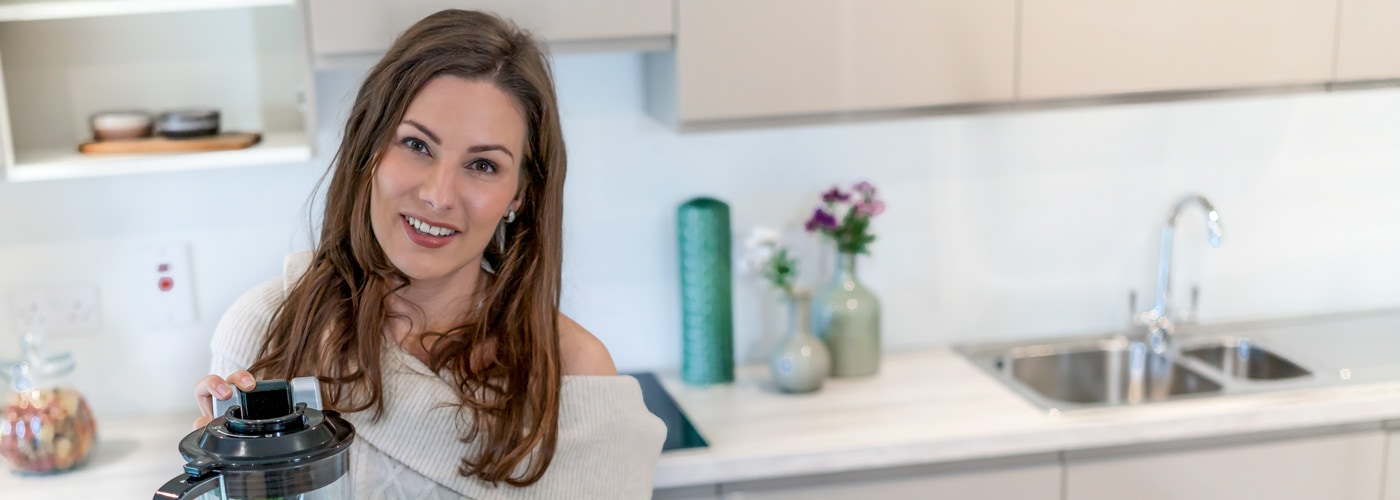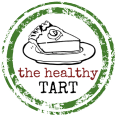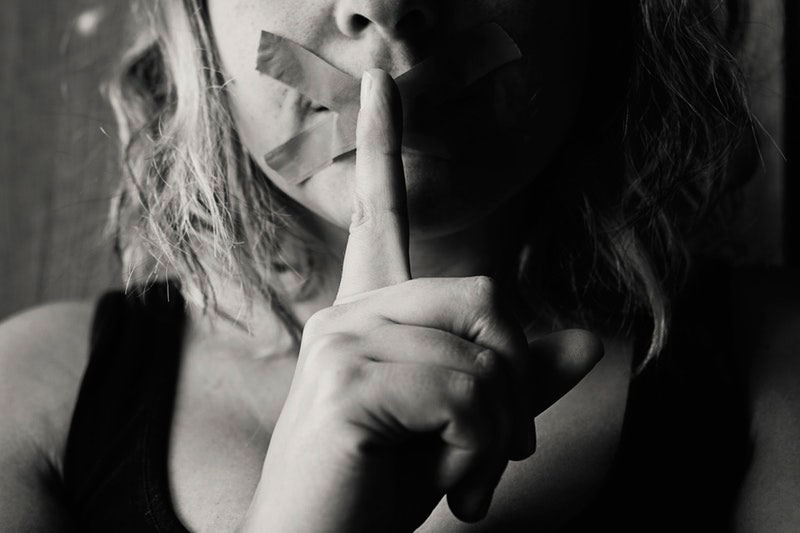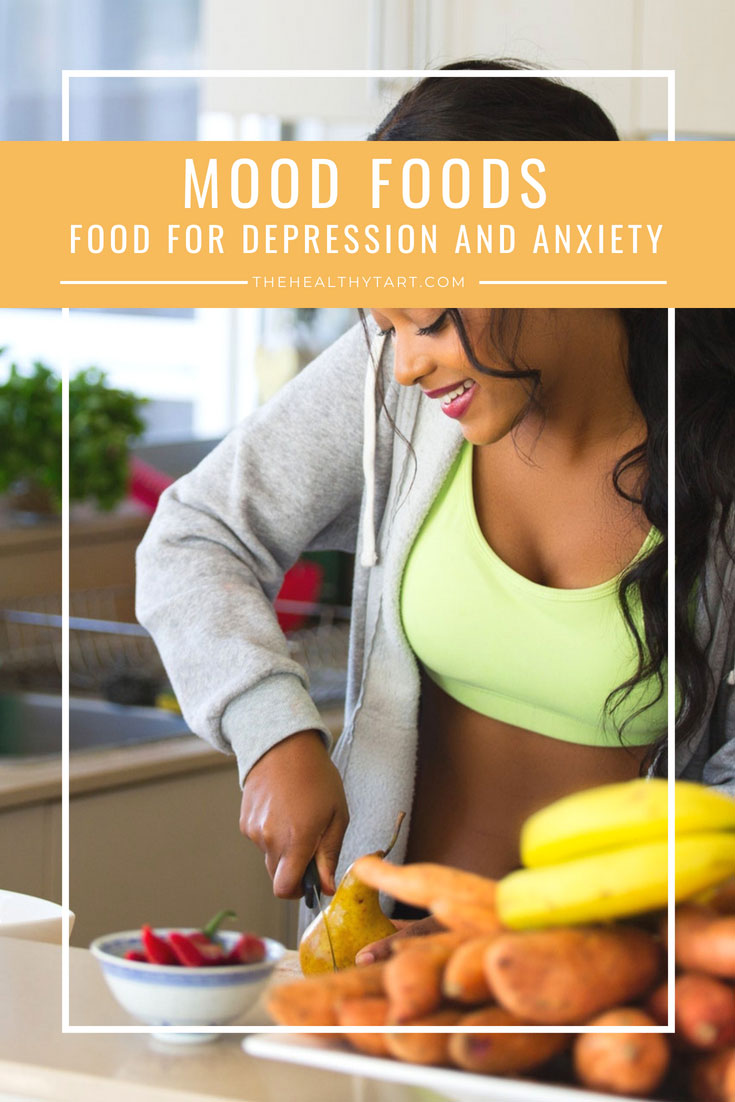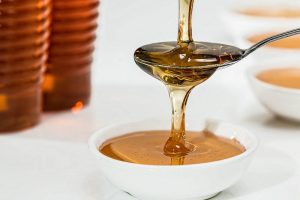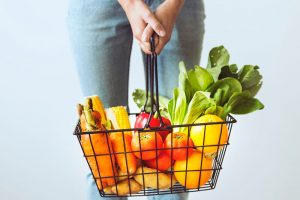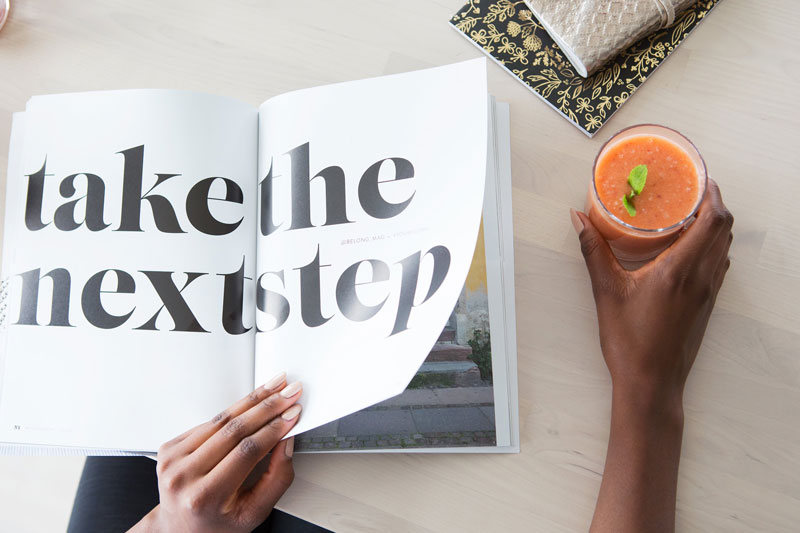
Disclaimer: this post is not meant to give medical advice, I am not qualified to advise on the treatment of depression and I am solely expressing what I felt was helpful for myself. If you are feeling depressed please seek professional help or if you are living in Ireland call a helpline: Ring SAMARITANS 24/7 on freephone number 116-123
Depression is becoming more common, yet it is poorly understood. People suffering from depression often suffer in silence invisible to the outside world. When I started suffering from depression I didn’t even want to admit it to myself. You can read more about my personal story in my post Depression-From Rock Bottom To Ireland-My Story
In the beginning, I thought, yes, I am having a bad day, that’s normal, isn’t it? BUT the days where I wasn’t feeling right quickly started to add up. We all have downers but clinical depression is different and it can express itself in many different ways.
Symptoms of Depression
- Feelings of worthlessness, emptiness, pointlessness
- Insomnia, tiredness or fatigue
- Lack of motivation, loss of confidence and avoiding responsibilities
- Irritability, angry outbursts and negativity
- Difficulty concentrating – restlessness and agitation
- Feeling overwhelmed
- Feeling lost
- Eating too much or too little
- Feeling like literally drowning — short of breath, gasping for air
Treatments for Depression
I personally refused to be put on anti-depressants, I occasionally took benzodiazepine when I was feeling anxious or upset. This was my personal choice but I caution that this might not be the right choice for everyone. In certain cases, it is necessary to go down the anti-depressant route first to be able to function again.
When I got admitted to the clinic I was fortunate enough to be given different treatment options. My treatment plan included a strict daily routine including single and group therapy sessions, as well as cooking, exercise, mindfulness, creativity workshops and outdoor activities.
I consider myself very lucky that the clinic took such a holistic, overall approach. It taught me many skills that I was able to implement in my everyday life after my 6-week stay ended.
Although current treatments for depression mostly focus on brain chemicals such as serotonin, some scientists now think inflammation throughout the entire body (triggered by an overactive immune system) may be the root cause of the problem. Widespread inflammation could be producing feelings of unhappiness, hopelessness, and fatigue. In the future depression might be treated with anti-inflammatories.
How can Nutrition help with Depression?
It’s hard to believe that by altering the bacteria in our gut, we can better handle stress, improve our mood, and even treat anxiety or depression. But an explosion of research into the gut-brain connection is showing just that. It is believed that we can alter our gut bacteria in a way that positively affects our mood and brain function.
Whenever I suggest that proper nutrition can be beneficial for people suffering from depression I get at least one comment calling BS. To be clear, I am not suggesting that eating healthy will cure depression or replace other forms of treatment. But in my opinion, it can certainly support conventional treatment.
Nutrients work together in context and we don’t know if low levels of nutrients are a cause or consequence of poor brain health.
Nutrients are much better absorbed in form of whole foods than supplements. Most experts would agree that little harm can be done by eating whole foods unless you suffer from allergies.
The connection between your Gut and Mental Health
Several molecules with neuroactive functions such as gamma-aminobutyric acid (GABA), serotonin, catecholamines, and acetylcholine can be produced by gut bacteria. When these neurotransmitters are secreted within the gut, they may trigger cells within the gut’s lining to release molecules that signal brain function and affect behaviour.
Did you know that 90% of serotonin (the happy-making neurotransmitter) is made in the gut, not the brain? Poor gastrointestinal health could prevent its production, meaning you’ve got less of those good, happy chemicals in your brain.
Your gut does much more than just moving food from one end to the other. It relies on healthy intestinal cells and beneficial bacteria, which help manufacture vitamins, absorb minerals, and digest food.
So anything that makes your body healthier such as fresh air, sunshine, clean water, exercise, de-stressing, vitamins and minerals, improved circulation, etc. will make your brain healthier.
Mood Foods: Natural Remedies for Depression and Anxiety
Before I talk about particular mood foods that are believed to be beneficial for brain and mental health, I would like to advise to consult a doctor, nutritionist or registered dietician before taking supplements. All the nutrients below would preferably be obtained from a healthy diet.
- Omega 3 fatty acids (fish, nuts, seeds, algae oil): Omega-3 fatty acids provide building blocks for healthy brain development and function. In terms of depression, studies are mixed: Some suggest that supplementing with these healthy fats (via fish oil) may help ease symptoms, but it is too early to say that for sure.
- B vitamins (meat, eggs, seafood, green leafy vegetables, legumes and whole grains): Studies suggest that a deficiency in B vitamins (particularly B12) may be linked to depression, but the exact cause isn’t yet confirmed. In a 2014 study from the British Journal of Psychiatry, supplementing with B12, B6 and folic acid improved subjects’ response to antidepressant medication. But a year later, a study published in the same journal found no improvement in older women who were given the supplements.
- Vitamin D (sun exposure; fortified breakfast cereals, breads, juices, milk): Vitamin D is required for brain development and function. Deficiency in this “sunshine vitamin” is sometimes associated with depression and other mood disorders, though a recent research review showed mixed results.
- Selenium (cod, Brazil nuts, walnuts, poultry): Selenium is an essential mineral, meaning we have to obtain it from food. Among its various roles, selenium works with other nutrients to create antioxidant balance in our body’s cells. Many studies have shown a link between low selenium and depression, but the mechanism is unclear. One hypothesis is that selenium’s function as an antioxidant could be necessary for preventing or managing depression.
- Tryptophan (protein sources including turkey, beef, eggs, some dairy products, dark, leafy greens): An amino acid, tryptophan is a precursor to serotonin. It’s not well understood, but low tryptophan seems to trigger depressive symptoms in some people who have taken antidepressants.
- Probiotics/ Psychobiotics (kefir, kombucha, fermented vegetables, natural yoghurt): Studies show that psychobiotics have the potential to positively impact brain function, boost mood, treat depression and anxiety, and help you handle stress. The best psychobiotics and the best dosages for those psychobiotics have yet to be determined, but a number of them used in studies are commercially available in probiotic tablets. Generally, at least 10 billion CFU’s per day are recommended for most probiotics, including psychobiotics, but higher or lower amounts may also be beneficial. Just make sure to give your psychobiotic a try for at least a month before deciding whether it’s working or not.
Prior to buying a supplement do your homework – not all supplements are created equal. A low-quality vitamin might contain too low a dose or be hard to absorb.
Before my depression developed I had undergone multiple rounds of antibiotic treatments which left me suffering from Candidiasis. Even though I never drew a connection to the depression at the time I started to feel better after starting to take probiotics. It might not have been related but looking back I think that it definitely helped me to get my gut health back on track.
How to deal with Depression
These are things that I personally found helpful besides my conventional therapy.
- Keep a Food and Mood Diary: Just write down which food you ate and how you felt afterwards, this might help you identify which foods or other lifestyle factors make you feel worse or better.
- Eat real food: Keep it simple – Find fresh foods that don’t take much prep (such as fresh fruits, pre-cut vegetables, or pre-bagged salads). Maybe even get them delivered, either as a grocery delivery or a healthy meal delivery service. If you have friends or family that support you, why don’t you cook together with them?
- Foods and other substances to avoid: Alcohol is a nervous system depressant, which isn’t helpful. Caffeine can worsen anxiety and cause insomnia. Sugar can increase inflammation and make you feel worse. Processed food: Many people are sensitive to things like preservatives in processed food.
- Get outside and get sunlight: There’s a reason depression is associated with darkness. Exposing yourself to sunlight, particularly in the morning, helps to promote good sleep and Vitamin D production (best around noon).
- Build a support network: Start to find your tribe of helpers. That may include a doctor, a therapist, close supportive friends and family members, a fitness trainer or even a pet.
- Move: Depression is immobilizing, I get it but do your best to move, in whichever way you can. It doesn’t have to be exercising at the gym, even a 30-minute walk can work a treat.
- Express yourself: Draw, write, talk about what you’re feeling, or punch a sandbag, whatever gets the bad stuff out.
If you or someone you know may be living with a mental illness, please talk to a licensed and qualified medical professional.
Your turn
Let me know if you find this kind of posts helpful, I am looking forward to reading your comments.
For more updates follow me on Facebook, Twitter, Instagram, Pinterest or subscribe to my YouTube channel!
Pin it for later!
